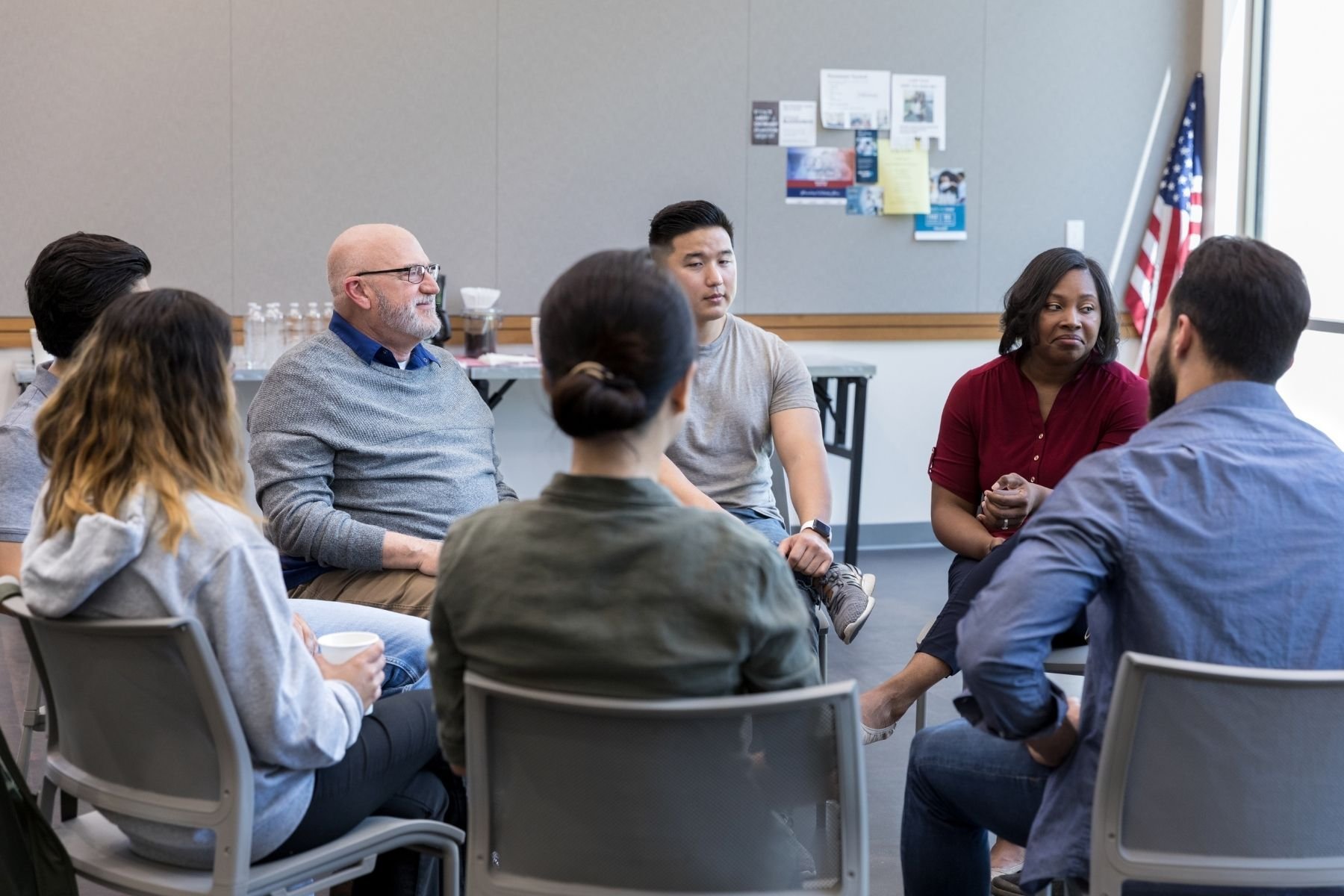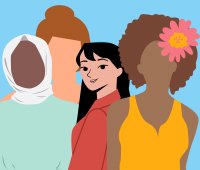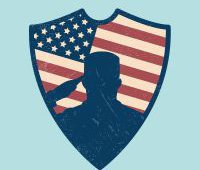Blog
E-scooter injuries in 13-17 year olds doubled and hospitalization tripled in the last decade
E-scooter injuries in children and adolescents are “becoming much more common and increasingly severe,” according to a 10-year study.
Interview with RJ: his experience with light therapy for symptoms of repetitive head impacts and potential CTE
In an interview, RJ discusses his potential CTE and his positive experience as a participant in a University of Utah photobiomodulation (light therapy) study. RJ played high school and college football, experiencing repetitive head impacts and multiple concussions.
Call for Research Participants: Mind Over Matter, A Veteran-driven Roadmap to Research on mTBI
Veterans with mTBI (concussion) and their caregivers are invited to participate in a research study. Mind Over Matter (M.O.M.) provides a platform that gives veterans with an mTBI and their caregivers an active voice in developing a pathway for increasing the relevance of TBI Patient-Centered Outcomes Research (PCOR) and Comparative Effectiveness Research (C.E.R.).
Persistent post-concussion symptoms, TBI history predictive of intimate partner violence (IPV) perpetration among veterans
A study found that persistent post-concussion symptoms (PPCSs) “were associated with an increased likelihood of perpetrating IPV in the subsequent year when controlling for other common IPV risk factors,” including binge drinking, marijuana use, pain level, and probable PTSD.
Flow chart of when telemedicine is appropriate for concussion patients
PedsConcussion tweeted a flowchart and breakdown of their “Telemedicine and Virtual Care Algorithm.” This flowchart can be helpful for both patients and providers when considering whether or not to go for in-person care, which is particularly important considering the current increased incidence of COVID-19.
Brian-injured intimate partner violence survivor explains why we need TBI screenings for both perpetrators and victims of crimes
In an article published in The Marshall Project, Melissa Bickford details her experience with intimate partner violence and the subsequent impact of the TBI she suffered as a result. Connecting with a previously incancerated man made Bickford realize that the psycho-emotional and physical fallout of a brain injury can push victims to become perpetrators.
Improving sleep and sleep-related outcomes in veterans with and without a head injury
Veterans with or without a history of head injury are encouraged to participate in a remote study to learn about how receiving bright light or negative ions in the morning might affect sleep in veterans of all ages.
Study finds signs and symptoms of concussion differ markedly across age groups in youth athletes
In a recent study, an analysis of acute symptom presentation among the three age groups (5–8, 9–12, and 13 to < 18) found that “signs and symptoms differed markedly across age groups, with vomiting decreasing and headache, LOC [loss of consciousness], amnesia, and disorientation increasing with increasing age."
New study finds biomarkers in urine predictive of concussion
A study by Cassandra C. Daisy et al. published in Neurology discovered a new pair of proteins in urine that, along with a single-task gait evaluation, can be used to distinguish concussed athletes from healthy controls with 83.5% accuracy.
Prospective trial shows eliminating body checking significantly reduces injuries and concussions in adolescent hockey
A study by Carolyn A. Emery et al. published in British Journal of Sports Medicine found that injury rates were 61% lower and concussion rates 51% lower in non-elite adolescent hockey leagues that did not permit body-checking than leagues that did.
Cannabis flower may act as an effective pain reliever for migraines and headaches
Research published in the Journal of Integrative Medicine sheds new light on the use of common cannabis products for treating headaches and migraines. Researchers Sarah S. Stith et al. found that dried Cannabis flower could effectively treat pain from migraines and headaches.
Cannabinoids may be beneficial in treating TBI and multiple sclerosis
Cannabinoids may be beneficial in treating traumatic brain injury and multiple sclerosis, particularly for patients who “display resistance to conventional treatment.” In their recent literature review, Daniela Calina et al. found that, in animal models, “the use of cannabinoids in TBI increases neurobehavioral function [and] working memory performance.”
Light therapy study at the University of Utah
Researchers are finalizing their recent pilot study on photobiomodulation conducted by The University of Utah. In this video produced by the research team, several of the men who participated in the study talk about their deteriorating health due to repetitive head hits and concussions, their concerns about CTE, and how light therapy during the clinical trial substantially improved their health.
First-ever systematic review of youth football concussion incidence rates and prevention strategies
Mark Patrick Pankow et al. conducted the first-ever systematic review and meta-analysis of “incidence rates, risk factors, and prevention of concussion and head impacts” in youth tackle football. Their review, published in Sports Medicine, was “also the first to produce a pooled estimate of concussion incidence rate by session type in football (i.e., games, practices).”
Florida VA program provides multidisciplinary treatment to veterans with mTBI and persistent symptoms
The Tampa, Florida VA association’s Post-Deployment Rehabilitation and Evaluation Program (PREP) “is an inpatient rehabilitation program that specializes in the evaluation and treatment of complex reactions and symptoms associated with possible mild TBI.” The program appears to be one of the more comprehensive multidisciplinary care programs.
FDA grants breakthrough device designation to hypothermic therapy for concussion
In an effort to improve current unmet medical needs for athletes, the US Food and Drug Administration (FDA) has approved a non-invasive hypothermic therapy device intended to decrease the severity of concussion symptoms and help patients get back to their pre-injury baseline.
Study: light therapy for persistent concussion symptoms
Renowned light therapy researchers Dr. Laura Martin, Dr. Margaret Naeser, and Dr. Michael Ho are currently recruiting study participants for a studies that aims to see if light therapy can improve thinking and memory in people who have suffered one or more traumatic brain injuries, including concussions, and who are experiencing persistent symptoms.
For neurologists: recommendations for clinical assessment of concussion and PPCS
Neurologists are frequently the providers tasked with making a differential diagnosis for patients with concussions and those with persistent post-concussive symptoms (PPCS). Leaders of the concussion field, including Dr. John Leddy and Concussion Alliance Advisory Board Member Dr. Barry Willer, have written a review, Clinical Assessment of Concussion and Persistent Post-Concussive Symptoms for Neurologists.
Return-to-Learn educational resources available for free to educators in 10 states
To help Nebraska teachers take care of their students who sustain a concussion, the Brain Injury Alliance of Nebraska and the Nebraska Concussion Coalition have contracted for a state-wide subscription to the Get Schooled on Concussions program. According to an NPR article, “Based on a 2018 survey, 50 percent of Nebraska teachers surveyed said they don’t know how to take care of students with concussions.”
Sleep study for veterans with sleep issues and concussion history
The Sleepless Warriors At-Home study is recruiting veterans age 21+ who have served in the military for at least 180 days, have trouble sleeping, and have a concussion history.














































